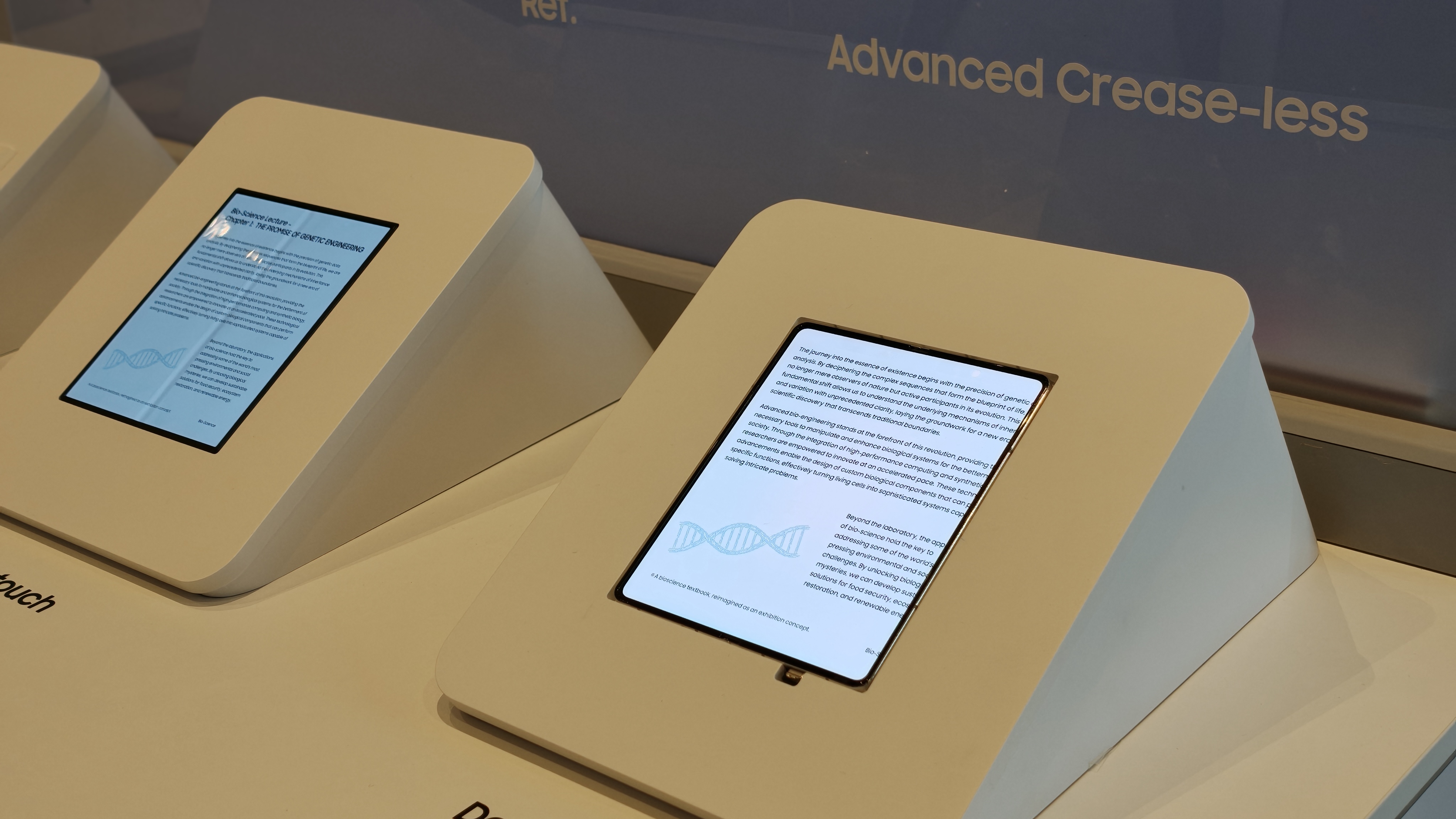With expansion to screens and cars, Google Assistant is officially everywhere
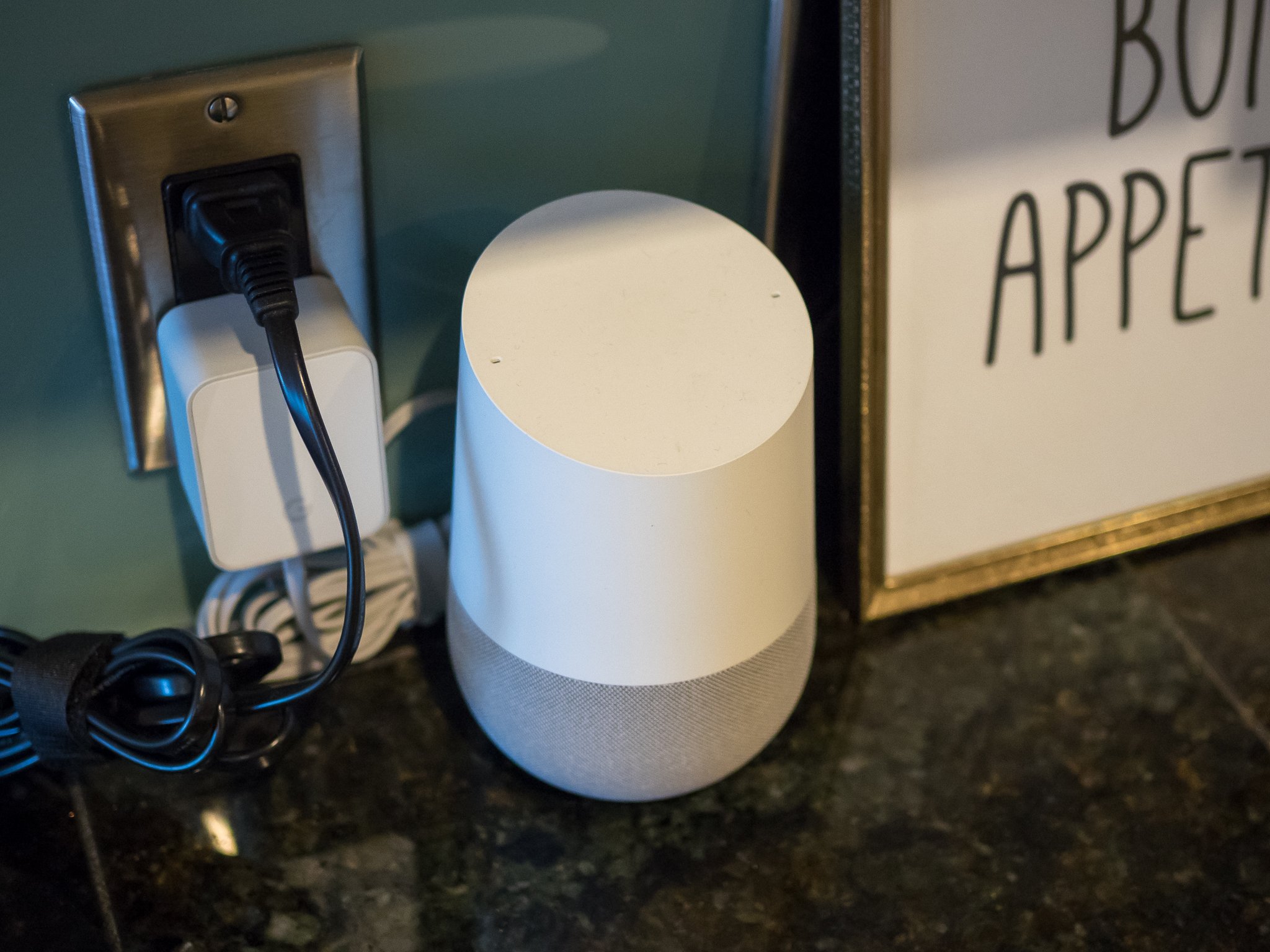
When Google debuted the Assistant at I/O in 2016, it was this tiny little feature inside a little-used messaging app called Allo.
But by the time it expanded to Pixel phones and the Google Home speaker later that year, we knew that this wasn't some fly-by-night project the company would later abandon, but a line-in-the-sand statement on the future of computing. Or maybe it was just a way to get back at Amazon's not-so-slow encroachment into the smart home space. Either way, Google Assistant was a big deal.
At CES 2018, Google is taking even more steps towards Assistant ubiquity, both with its physical presence at the show and its multitudinous announcements surrounding the nascent smart home space.
Google not only sold six million Home speakers during the holiday sales period but it has positioned the cloud technology as the one-stop shop for Google's widely-used Knowledge Graph, which encompasses everything from search to maps to shopping.
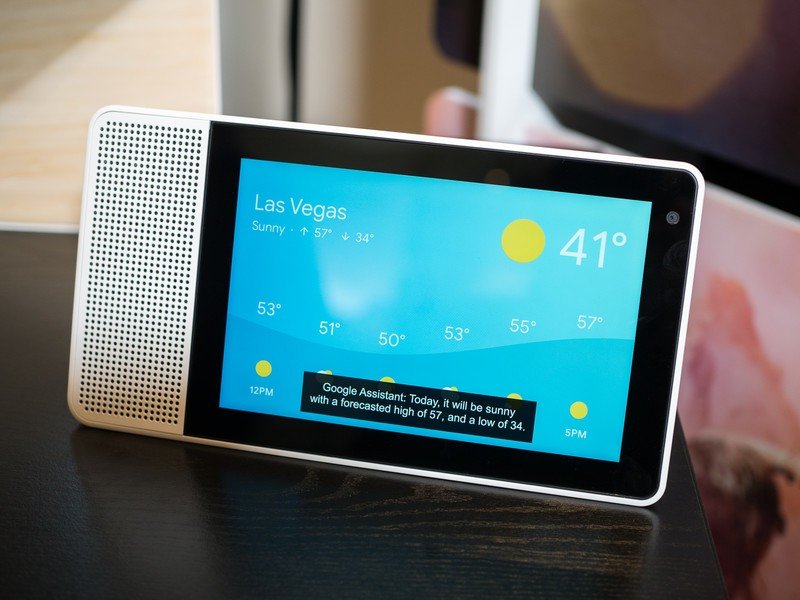
The Lenovo Smart Display appears to be what the Amazon Echo Show wanted, but failed, to deliver.
Today, Assistant is debuting in two more important places: screens, and cars. On the screen side, the Lenovo Smart Display is the first of many Assistant-focused products that can show rather than tell. YouTube videos, recipes, maps, Duo video calls, and everything else one can do on a tablet can be recalled using voice on a stationary and attractive showpiece that also doubles as a speaker.
Though Google says it worked extensively with Lenovo on the industrial design of the Smart Display, which comes in two sizes and debuts this summer, other similar (and likely cheaper) products will be forthcoming in the months ahead from JBL, LG, and Sony.
Cars are also getting in on the Assistant through Android Auto support. While it's been possible up to this point to call on Google in the car using voice, Google has reworked the way Assistant communicates with Android Auto, both through the app and in-car displays. Some cars can even use Assistant on the phone or inside the home to lock and unlock doors, check fuel levels, and more. The future is here, and it's weird (and awesome).
Get the latest news from Android Central, your trusted companion in the world of Android
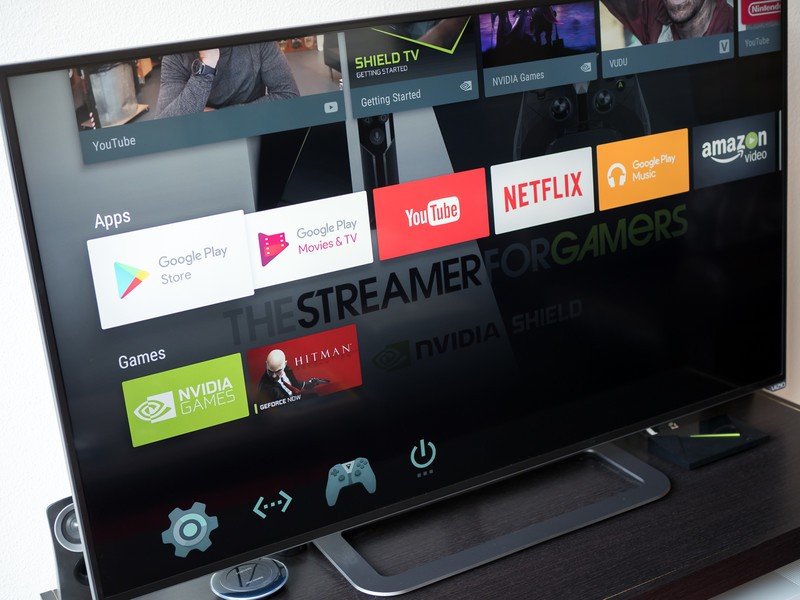
Finally, Google is expanding Assistant further into existing categories, including TVs and headphones. Television makers like LG, Changhong, Funai, and Haier will integrate Assistant into their custom operating systems this year, while Android TV-powered sets from TCL, Skyworth, and Xiaomi will gain the same functionality through updates.
Ultimately, Google wants Assistant to be a consistent experience wherever possible and is leveraging its relationships with hardware companies all over the world to make it happen. If last year's CES was the year of Alexa, Google Assistant is dominating the conversation in 2018. While some of the products appear underwhelming or may not come to market at all, that Assistant is expanding to more form factors is a big deal, especially given that it is available in far more countries than Amazon's Alexa platform.
Get used to saying "Hey Google" a lot more often.
Google also appears to be doubling down on "Hey Google" as a call sign for the Assistant; in briefings given to Android Central throughout the week, representatives from Google and other companies demoing products didn't use "OK Google" at all, and actively encouraged us to start using the less formal greeting going forward. It's not quite as catchy as "Alexa", but it's an improvement.
Google says that Assistant is now running on 400 million devices around the world, and that number should reach a billion within a year. To make the platform more enticing, it is consolidating its disparate commands under the name "Actions". In a blog post, Google described the reasoning for the change:
Since the Assistant can do so many things, we're introducing a new way to talk about them. We're calling them Actions. Actions include features built by Google—like directions on Google Maps—and those that come from developers, publishers and other third parties.
A new directory makes it easy to check whether one's smart home products or apps work with Assistant, and should help drive sales of those products as well.
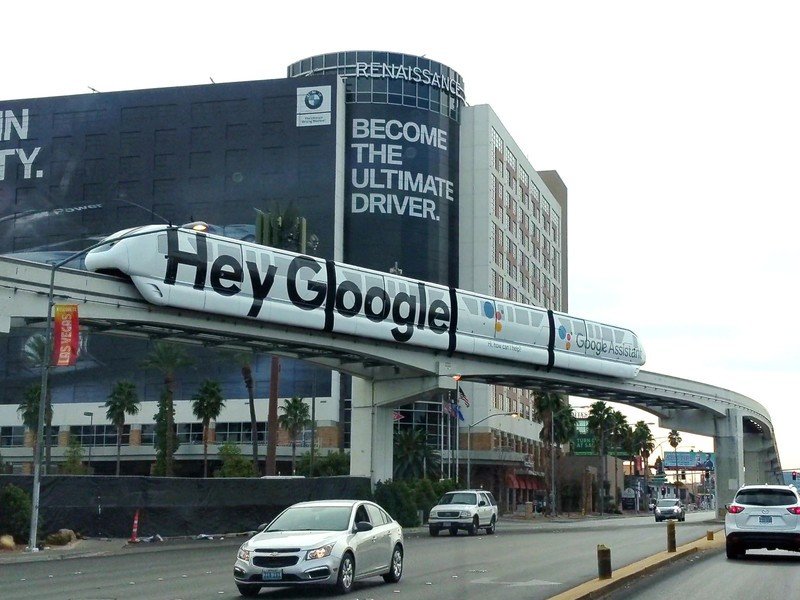
In the meantime, if you're in Las Vegas for CES this week, you can catch a glimpse of Google's Assistant ambitions while riding the monorail.
Actually, don't do that.

Daniel Bader was a former Android Central Editor-in-Chief and Executive Editor for iMore and Windows Central.
